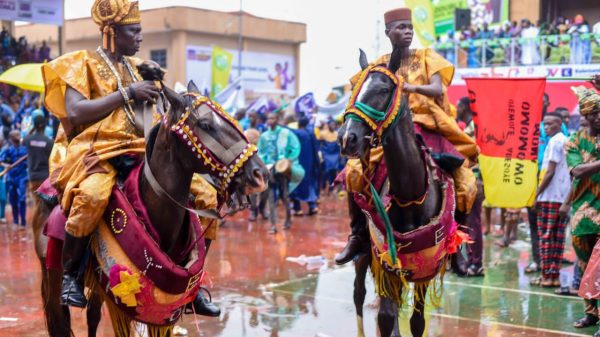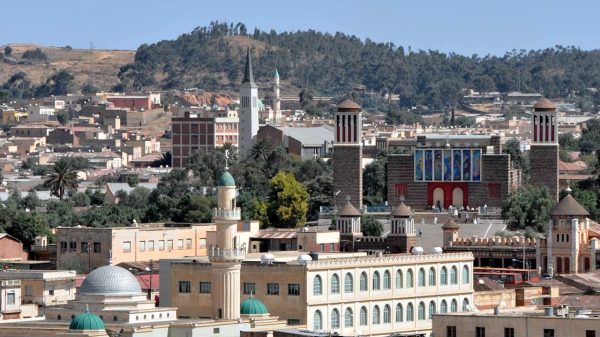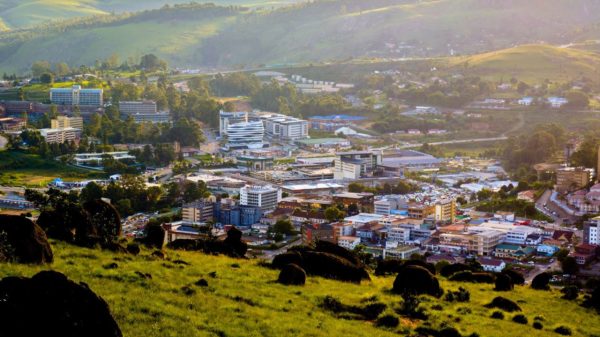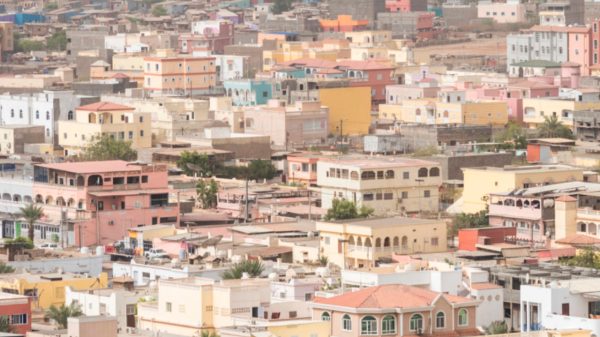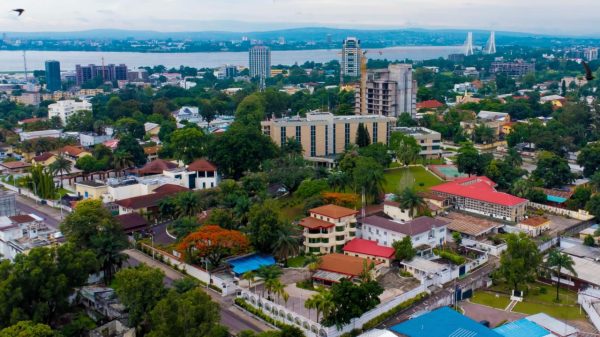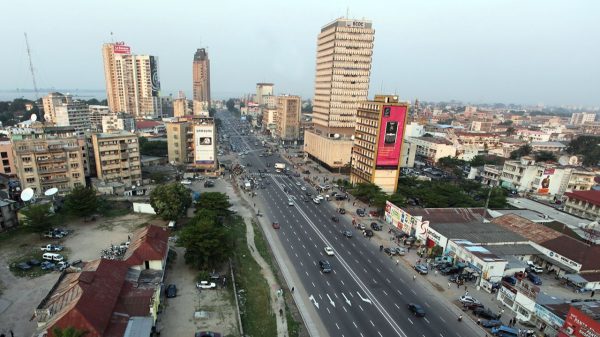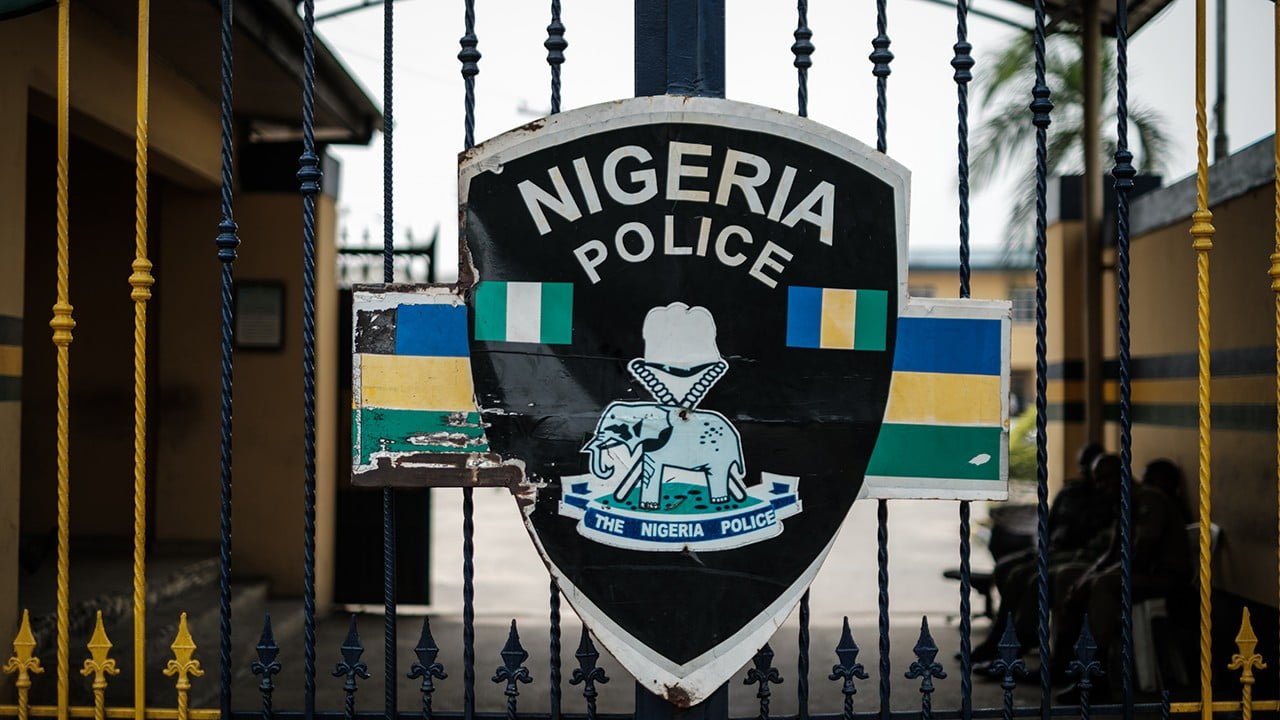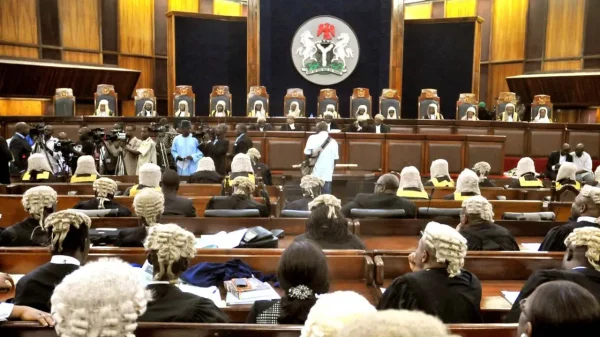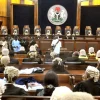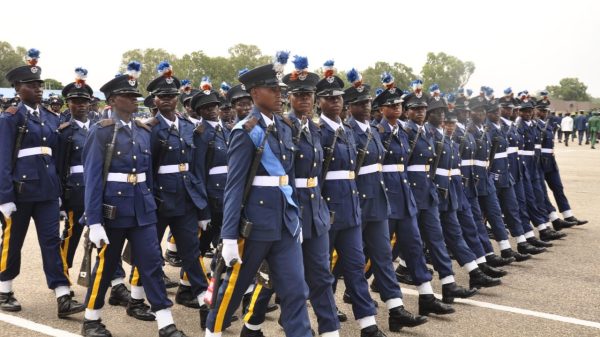Nigeria‘s law enforcement landscape comprises several agencies, each with distinct mandates aimed at maintaining national security, enforcing laws, and safeguarding citizens. Below is an overview of ten prominent Nigerian law enforcement agencies and their respective functions:
1. Nigeria Police Force (NPF)
The Nigeria Police Force serves as the primary law enforcement agency in the country, tasked with maintaining public order, preventing and investigating crimes, and enforcing laws across all 36 states and the Federal Capital Territory. Established in 1930, the NPF operates under the jurisdiction of the Ministry of Police Affairs. With a staff strength of approximately 371,800 officers as of 2021, there are plans to expand the force to 650,000 to enhance its operational capacity. The NPF is structured into 36 state commands and the FCT, grouped into 17 zones and 8 administrative organs. The Inspector-General of Police (IGP) oversees the force, ensuring adherence to its motto: “Police is your friend.”
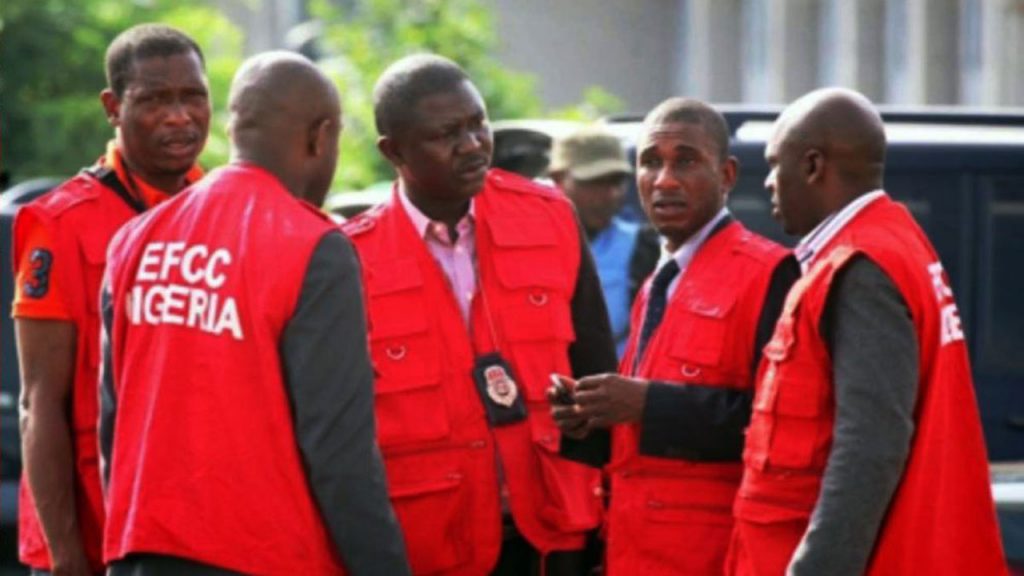
2. Economic and Financial Crimes Commission (EFCC)
Established in 2003, the EFCC is a specialized agency focused on combating financial crimes such as advance fee fraud (commonly known as 419 fraud) and money laundering. Its creation was partly in response to international pressure to address Nigeria’s reputation for financial malfeasance. The EFCC investigates and prosecutes individuals and organizations involved in economic and financial crimes, playing a pivotal role in promoting financial integrity and transparency within the country. Headquartered in Abuja, the commission operates through 15 zonal commands across Nigeria, facilitating its nationwide mandate.
3. Nigeria Security and Civil Defence Corps (NSCDC)
The NSCDC is a paramilitary agency established in 1967 and formally recognized by an Act of Parliament in 2003. Its primary responsibilities include protecting lives and properties, safeguarding critical national infrastructure, and assisting in crisis management and disaster response. The NSCDC plays a significant role in preventing vandalism, illegal bunkering, and pipeline sabotage, thereby contributing to the nation’s internal security framework. The corps collaborates closely with other law enforcement agencies to maintain peace and order across Nigeria.
4. National Agency for the Prohibition of Trafficking in Persons (NAPTIP)
NAPTIP was established in 2003 to address human trafficking and related human rights violations. The agency enforces the Trafficking in Persons (Prohibition) Enforcement and Administration Act, focusing on preventing, suppressing, and punishing trafficking, particularly of women and children. NAPTIP’s comprehensive approach includes investigation, prosecution, victim rehabilitation, public enlightenment, and research. Since its inception, the agency has investigated over ten thousand cases, prosecuted approximately five hundred offenders, and rescued about 21,000 victims from various exploitative situations.
5. National Drug Law Enforcement Agency (NDLEA)
Formed by Decree Number 48 of 1989, the NDLEA is tasked with eliminating the cultivation, processing, manufacturing, sale, and trafficking of hard drugs in Nigeria. The agency operates at international airports, seaports, and border crossings to intercept illicit drug activities. Beyond enforcement, the NDLEA also focuses on preventive measures, public education, and rehabilitation of drug-dependent individuals. By targeting both the supply and demand aspects of drug abuse, the NDLEA aims to create a drug-free society and mitigate the associated social and health challenges.

6. State Security Service (SSS) or Department of State Services (DSS)
The SSS, self-styled as the Department of State Services (DSS), is a security agency in Nigeria and one of three successor organizations to the National Security Organization (NSO). The agency operates under the Presidency of Nigeria and reports its activities directly to the President, with headquarters in Abuja. Its mission includes protecting and defending Nigeria against domestic threats, upholding and enforcing criminal laws, and providing leadership and criminal justice services to both federal and state law enforcement organs. The SSS is also charged with the protection of high-ranking government officials and visiting foreign dignitaries. Its responsibilities encompass counter-intelligence, internal security, counter-terrorism, surveillance, and investigating serious crimes against the state. The agency has been instrumental in infiltrating extremist groups and combating kidnapping activities within the country.
7. Federal Road Safety Corps (FRSC)
The FRSC was established in 1988 to address the high rate of road accidents in Nigeria. Its primary functions include ensuring road safety, enforcing traffic laws, and educating motorists and the general public on road safety practices. The corps is responsible for designing and producing driver’s licenses and vehicle number plates, conducting road safety audits, and clearing obstructions on highways. Through its initiatives, the FRSC aims to reduce road traffic crashes and create a safer motoring environment.
8. Nigeria Immigration Service (NIS)
The NIS is responsible for managing immigration matters in Nigeria. Its duties encompass the control of persons entering or leaving the country, issuance of travel documents such as passports and visas, and enforcement of immigration laws. The service also plays a role in border surveillance and the prevention of human trafficking and smuggling. By regulating migration, the NIS contributes to national security and socio-economic development.
9. Nigeria Customs Service (NCS)
The NCS is tasked with the collection of customs revenue, facilitation of both national and international trade, and anti-smuggling activities. It ensures that goods entering and exiting Nigeria comply with applicable laws and regulations. The service also combats the illegal importation and exportation of prohibited items, thereby protecting the economy and citizens from harmful products.

10. Federal Fire Service (FFS)
Established in 1901 as an arm of the Lagos Police Fire Brigade and formalized by an Act of Parliament in 1963, the Federal Fire Service (FFS) is Nigeria’s premier agency responsible for fire prevention, firefighting, rescue operations, and related emergency management. The FFS’s mandate encompasses extinguishing, controlling, and preventing fires; rescuing victims during emergencies; and protecting lives and property. Additionally, the agency is tasked with regulating state and private fire services, prescribing and monitoring standards for fire education, prevention, safety, mitigation, and investigation.
Subscribe to our Newsletter
Stay updated with the latest trends in African Pop Culture!



